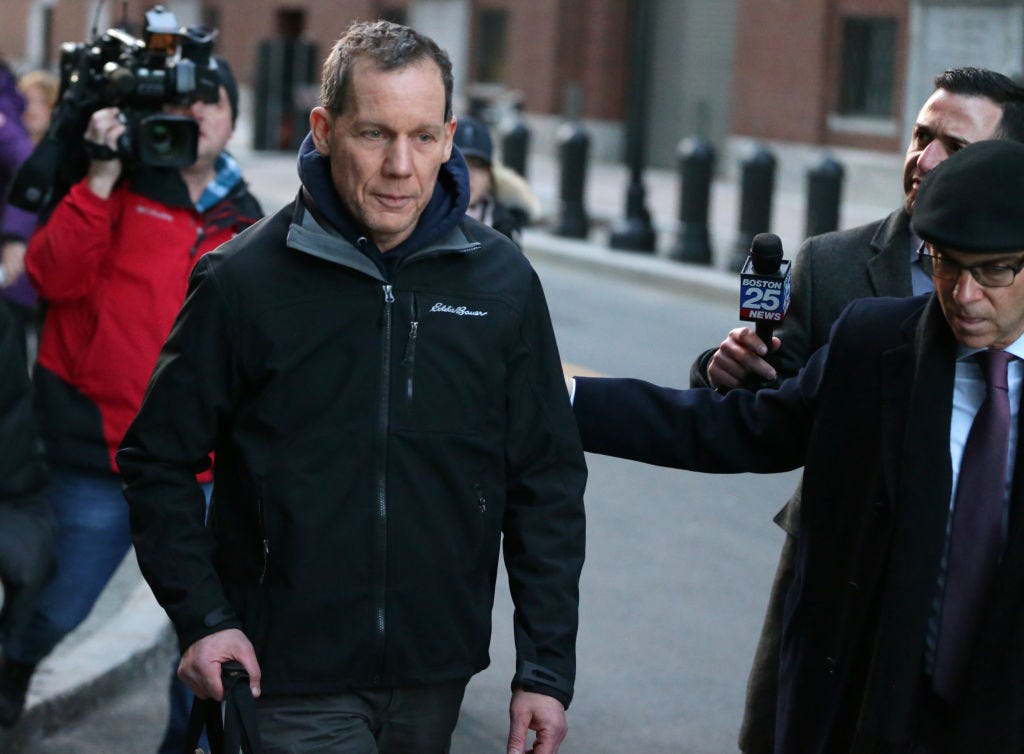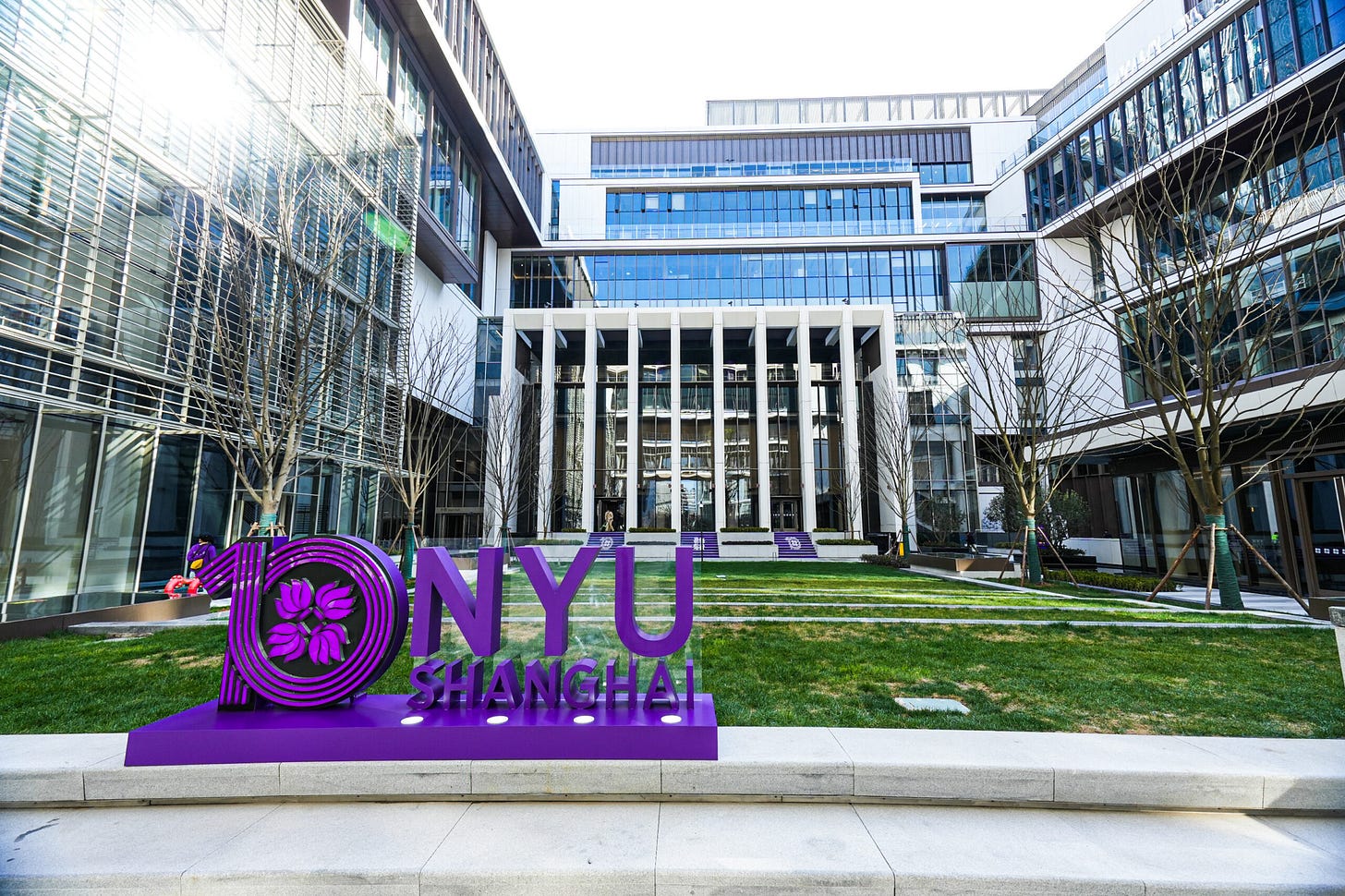The Greater Fools
Western elites can be bought, and Chinese communists are limit long.
“For greed, all nature is too little.” – Lucius Annaeus Seneca
On January 28, 2020, the chemistry world was rocked by an epic bombshell. Professor Charles Lieber, Chair of Harvard University’s Department of Chemistry and Chemical Biology, was arrested and charged with making false statements to US federal government investigators. Lieber was considered among the best chemists of his generation and a virtual shoo-in for an eventual Nobel Prize. He had received millions in funding from the highest levels of the US government, including the Defense Advanced Research Projects Agency, the Office of Naval Research, and the Air Force Office of Scientific Research. He was also secretly on the dole of the Chinese Communist Party (CCP):
“Unbeknownst to Harvard University beginning in 2011, Lieber became a ‘Strategic Scientist’ at Wuhan University of Technology (WUT) in China and was a contractual participant in China’s Thousand Talents Plan from in or about 2012 to 2017. China’s Thousand Talents Plan is one of the most prominent Chinese Talent recruit plans that are designed to attract, recruit, and cultivate high-level scientific talent in furtherance of China’s scientific development, economic prosperity and national security…
Under the terms of Lieber’s three-year Thousand Talents contract, WUT paid Lieber $50,000 USD per month, living expenses of up to 1,000,000 Chinese Yuan (approximately $158,000 USD at the time) and awarded him more than $1.5 million to establish a research lab at WUT….
The complaint alleges that in 2018 and 2019, Lieber lied about his involvement in the Thousand Talents Plan and affiliation with WUT.”
According to a report in The New York Times, Lieber later admitted to being handed bricks of $100 bills while in China—cash that he failed to declare upon re-entry to the US or account for in his tax filings. He was convicted after a jury trial and served a short stint in jail, six months of home confinement, and two years of supervised release. Lieber’s career prospects and reputation now lay in utter ruin.
The Lieber affair blew the lid off the open secret that the CCP showers the best universities in the West with lavish amounts of cash, and plenty who should know better are more than happy to receive it. Just last month, the Wall Street Journal published a detailed exposé on the matter (emphasis added throughout):
“American universities sign contracts around the world to sell their research and training expertise, and some of their most lucrative agreements have been with companies based in China. The decades-long trade thrives despite a deepening U.S.-China rivalry and rising sensitivities about Beijing’s influence on American campuses.
Nearly 200 U.S. colleges and universities held contracts with Chinese businesses, valued at $2.32 billion, between 2012 and 2024, according to a review by The Wall Street Journal of disclosures made to the Education Department. The Journal tallied roughly 2,900 contracts.”
At the end of April, we published an article titled “Chip Shot” that highlighted the techniques the CCP uses to dominate strategic industries, steal critical intellectual property, and usurp Western economic advantages by leveraging a mix of bribery, espionage, and blackmail to achieve its national objectives. We then predicted that such techniques would soon prove successful in China’s race to develop a home-grown semiconductor industry, thereby removing a critical barrier to military conflict with the US over the question of Taiwan. While the response to that piece was mostly favorable, some readers wondered whether we weren’t being too cynical, overestimating the Chinese and underestimating the West’s ability to implement effective countermeasures.
We take pen to paper today to assert that such musings are not only optimistic but dangerously so. In case after case, we find evidence of Chinese money corrupting Westerners in positions of power, causing them to act in ways that often run counter to both the law and the explicit geopolitical objectives of their native countries. This is occurring in every sensitive, strategically important pocket of industry and influence. Let’s snoop around some of the more egregious examples.



